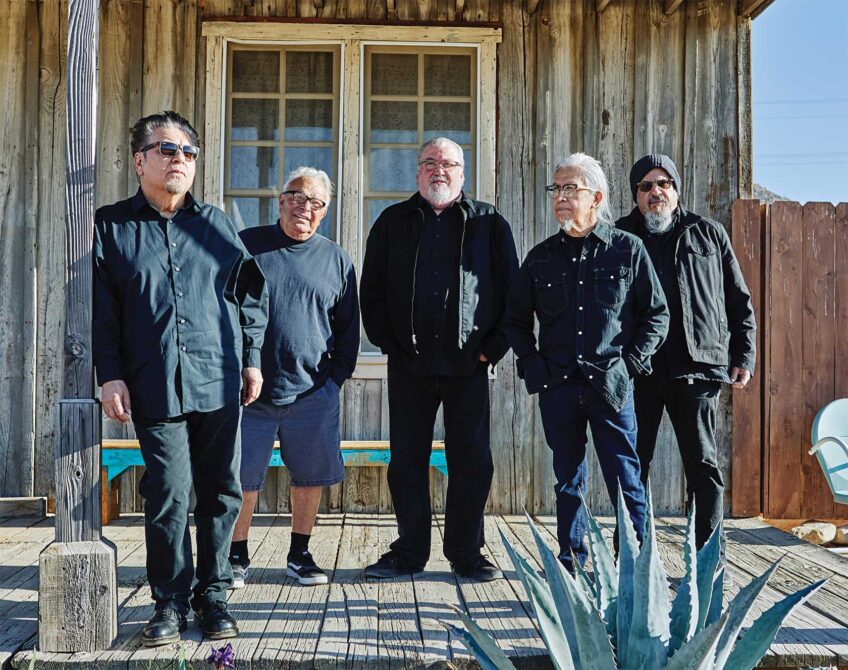Massachusetts’ once-hot film industry is showing signs of cooling, with revenue officials predicting a drop in the number of companies taking advantage of the state’s film tax credit program in the current fiscal year.
In the 2009 fiscal year, the movie industry applied for up to $130 million in tax credits, according to estimates by the state Department of Revenue.
Just two fiscal years later, revenue officials are predicting movie companies will apply for half as much, about $65 million.
The film industry in Massachusetts blames the slump in part on Gov. Deval Patrick’s push to cap the program at $50 million to help balance the state budget.
Industry officials say that although the proposed cap was ultimately defeated, it still had a chilling effect on filmmakers, who were unsure whether to commit to projects while the extent of the tax credit program was up in the air.
“The last thing a major production company can do is pull the trigger on a $50 (million) or $100 million production and then, halfway through, realize they are going to be capped and go over budget,” said Mary Fifield, a representative of the film industry in Massachusetts.
The slump hits as Massachusetts steps into the spotlight in a series of big screen movies this year, including the “The Fighter,” which chronicles the boxing career of Lowell native Micky Ward and stars Boston native Mark Wahlberg, and “The Social Network,” depicting the origin of Facebook, co-founded by Mark Zuckerberg in his Harvard dorm room in 2004.
Both were shot in Massachusetts in 2009, as was the Ben Affleck movie “The Town,” which focused on a Boston bank heist crew.
All told, there were about 18 major movie and television productions in Massachusetts in 2009 compared with about nine so far in 2010, according to the Massachusetts Film Office.
Fifield said there were some other reasons for the slump — one production lost its director and another director lost funding — but she said the main factor was the uncertainty about the film tax credit program.
The industry fought to preserve the credit on Beacon Hill, arguing that the benefits — from more jobs to an estimated $1.1 billion in direct production spending in Massachusetts from 2006 to 2009 — far outweighed any lost tax revenues.
Patrick said he also supported the tax credit, but pushed for a $50 million cap, pointing to the state’s financial straits and looming budget gap.
State lawmakers ultimately rejected the cap.
Alex Zaroulis, a spokeswoman for the administration, said Patrick’s proposed budget for the new fiscal year beginning July 1 is still being written and no decision has been made on whether to seek the film tax credit cap again.
In the first three years of the tax credits, filmmakers increasingly relied on the program to shoot movies in a state not previously known for its film industry.
In the 2007 fiscal year the tax credits reduced state tax collections by an estimated $11.9 million.
In the 2009 fiscal year, that shot up to an estimate of up to $130 million. In the 2010 fiscal year, it dipped slightly to between $112 million and $117 million. The totals of both those years could be reduced, depending on when approved credits are used and when films are finished and the tax credits generated by those films are used.
Department of Revenue Commissioner Navjeet Bal initially predicted the 2011 fiscal year, which began July 1, would require $100 million in tax credits, but last week revised that down to $65 million.
Forty-four states and the District of Columbia have some form of tax credit program for production companies, some more generous than Massachusetts.
Associated Press






